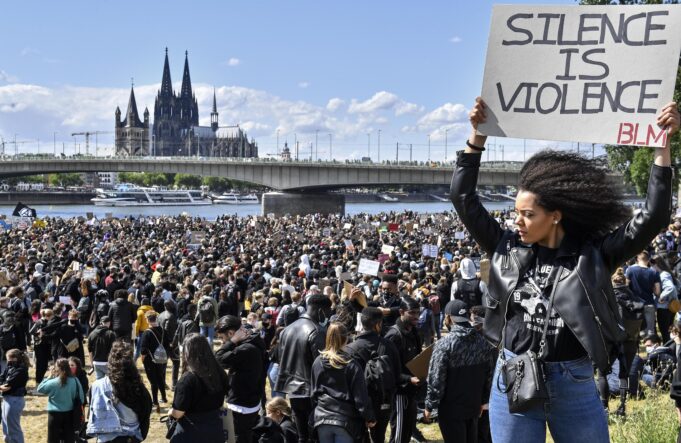During a trip to Australia, Dr. Ray Winbush walked into a store to look for hair products. A White woman followed him around. He questioned her, “Are you following me?” She responded, “Oh, I thought you were Australian.”
Dr. George Yancy once had a Chinese student say to him that when she was back in China, she told her father she was taking a course studying racism. Her father told her, “I don’t like Black people, and I don’t want Black people in my restaurant.” She responded to him, “Dad, you don’t even know of any Black people.”
The two experiences are microcosms that make up a global, shared experience of Blackness, an experience shaped and molded by the confines of what Dr. Yancy described as “anti-Black racism” and White supremacy.
March 21 marked the International Day for the Elimination of Racial Discrimination established by the United Nations. And yet, “racism continues to poison institutions, social structures, and everyday life across all societies,” said UN Secretary-General António Guterres in a March 18 address to commemorate the day. He referred to racism as a catalyst that “normalizes hate, denies dignity, and spurs violence.”
When looking at global Whiteness, or global anti-Black racism, Dr. Yancy, a professor of philosophy at Emory University and a scholar and author on Whiteness, pointed to the ongoing war in Ukraine. Fleeing Africans, many of them students, were told they could not board the buses and trains. Many were kicked off, as seen in camera footage that surfaced on social media.
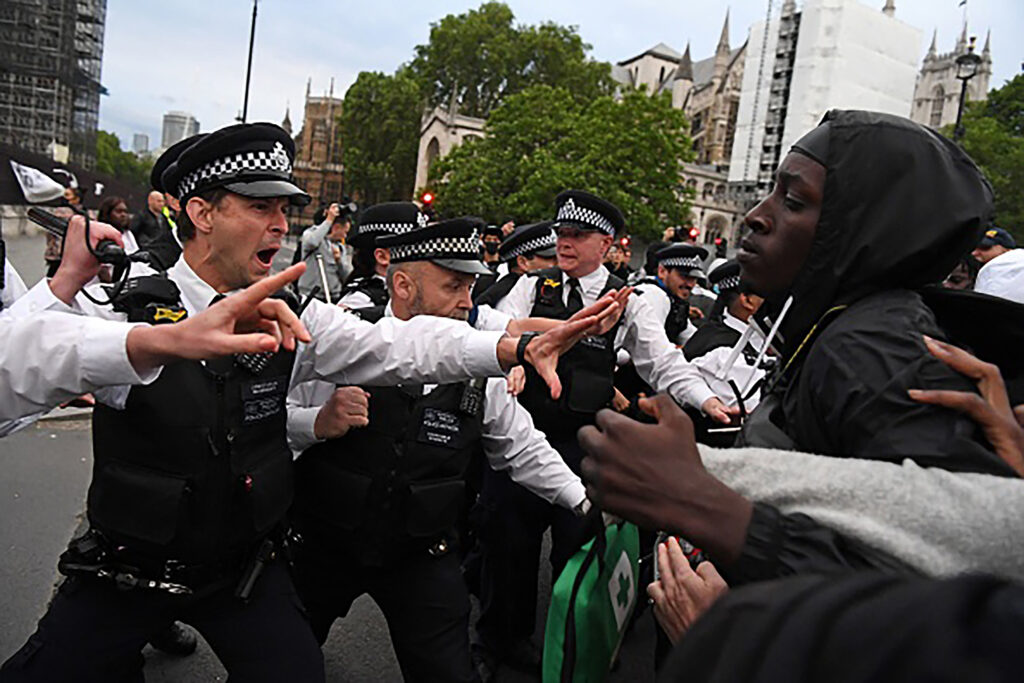
“Black bodies, even in a place like Ukraine, under circumstances of war, terror, authoritarianism, even in those spaces, African nationals, African students, African migrants are trying to get out of the country but are experiencing racial discrimination or racial exclusion,” Dr. Yancy said to The Final Call.
“In fact, the idea of not getting on the bus harks back to Jim Crow and Jim-Crow racism, where Black people had to sit in the back of the bus. But the theme of not being allowed on the bus is so indicative, I think, of a contemporary form of Jim-Crow racism being played out right there in the midst of all of that terror and violence that’s happening in Ukraine at the moment.”
Dr. Winbush, director of the Institute for Urban Research at Morgan State University, thought it was interesting how the world seems to pay more attention to Russia and Ukraine than to the wars happening in several African countries, considering that White people are a minority on the planet.
“Global White supremacy can mobilize the White world at the expense of the Black world in so many ways,” he said to The Final Call.
He listed several commonalities of the global Black struggle, including employment discrimination, the lack of fair judicial systems and the struggle for Black people to protect themselves from White violence.
In 1955 Mississippi, the crime was whistling at a White woman. In July 2017 Greece, it was taking a selfie with a White woman. Just as the family of Emmett Till continues to seek justice, so, too, is the family of Bakari Henderson. July 7, 2017, a mob of White men killed the 22-year-old Texas native. He had recently graduated from college and was visiting Zakynthos, a Greek island. One night, he found himself at a bar, where he took a selfie with a White waitress, prompting the angered mob to beat him.
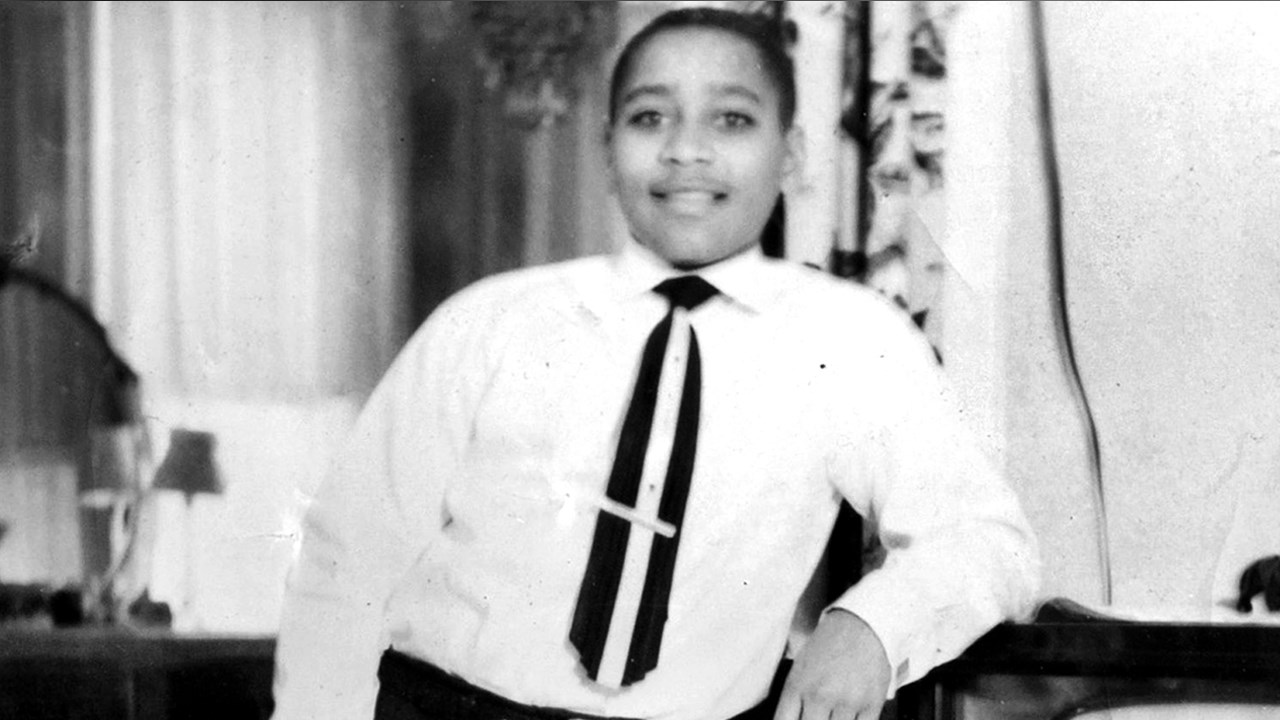
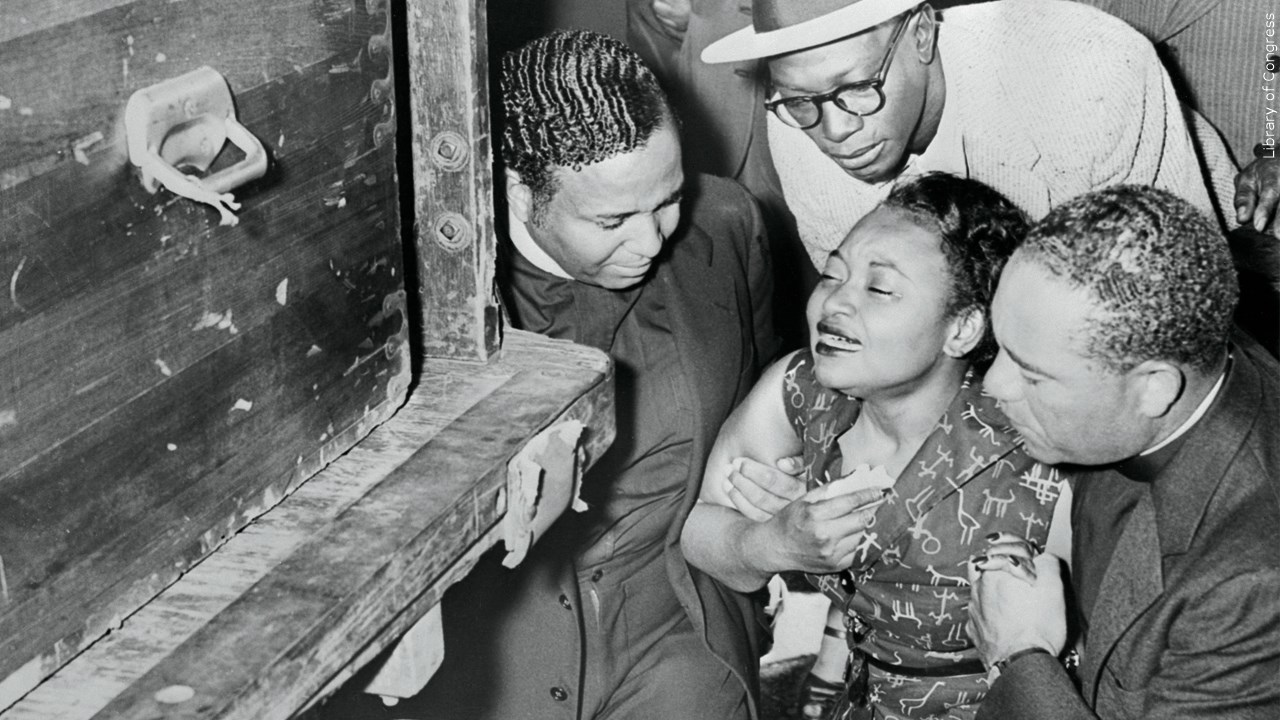
An initial trial for Mr. Henderson’s murder was held in 2018, but it failed to lead to convictions. His family and supporters of his case are finally preparing for retrial.
“We struggle with getting justice in courts. We just struggle with equal opportunity all around the world,” Dr. Winbush said. “I’ve been to Australia and talked to Aboriginal people and they talk about how they are treated when they go into stores that are owned by White people, that they can’t shop in certain places.”
Late 2019, Kumanjayi Walker, an Aboriginal teenager, was shot to death by a White Australian police officer. A five-week trial was recently held, and the verdict was one Black people are all-too familiar with: not guilty.
“That’s just like it is here in the United States,” Dr. Winbush said. “So Black people experience inequality simply because White people feel threatened by our presence and what they perceive as us gaining things, positions of power and so forth.”
Global Expressions of White Supremacy
What is the reason for the rise and spread of White supremacy globally? Dr. Winbush said White people are afraid of a Black planet, and when they are afraid, they start killing. The social policies follow behind that fear, he said.
Dr. Yancy pointed to several countries where White supremacy has expressed itself. In 2014, the head of the Russian Tennis Federation was penalized for referring to tennis stars Venus and Serena Williams as “the Williams brothers.” He connected that incident back to the work of James Marion Sims, known as the “father of gynecology.” Mr. Sims performed gynecological operations on Black women without anesthesia.
Dr. Yancy commented on the ongoing theme of thinking of Black women as “super powerful” and “having extraordinary strength” to the point where pain doesn’t affect them and thinking of White women as “delicate” and “feminine.” He refers to the way Black people are seen across the world as “the global Black monster.”
In New Zealand, a 12-year-old Black girl said she suffered racial slurs since kindergarten. Last year, she was called the N-word and bullied for her hair texture.
Meanwhile in America, surveillance footage was released showing a 12-year-old Black girl being restrained during lunchtime by an off-duty police officer in Kenosha, Wisconsin. The officer pushed her head into the ground, kneeled on her neck for half a minute and handcuffed her. Her father is calling for criminal charges.
Also in America, Black girls have been going through similar issues related to their hair, to the point where they are penalized for natural hairstyles. The U.S. House recently passed the CROWN Act, legislation that would ban race-based hair discrimination in the workplace. In Finland, Afro-Finns had to create “Good Hair Day,” an event celebrating Afro hair while challenging existing beauty norms.
“It was important for the Afro-Finns to defend themselves against the stereotypes of White people thinking about their hair as being kinky, as being different. And so, especially mixed-race Black people would often complain that White Finns would actually stare at their hair and try to touch it without giving permission to have their hair touched,” Dr. Yancy said. “And you’ve got the same thing going on in Sweden.”

In 2012, Afro-Swedes protested against a children’s film titled “Little Pink and the Motley Crew.” In the film, the Black child is represented as a picaninny.
“What you’ve got here in Finland, what you’ve got here in Sweden, is the White aesthetics, the domination of White aesthetics, where Black women are seen as ugly or seen as aesthetically inferior, where their hair doesn’t match the paradigmatic forms of White beauty,” Dr. Yancy said.
In 2014, North Korea’s state-run newspaper called former President Barack Obama a “wicked Black monkey.”
For Dr. Yancy, the question is, where did this come from? How did North Koreans learn to use racist language appropriately?
“Even North Koreans, then, even the Chinese have bought into not only the idea that Blackness is a site of degradation, a site of defilement, but by implication, Whiteness is that which is supreme. Whiteness is the most civilized. Whiteness is the most beautiful. Whiteness is the most intellectually and civilizationally advanced,” he said. “So it’s interesting how even these non-Black non-White countries, they have in essence bought into a White form of domination and by extension, a form of anti-Black racism.”
Eliminating Racism
The origins of racism as it is expressed today dates back to the 15th century for some scholars. It was Europeans who traveled the ocean due to colonial aspirations of dominance that set up an evaluative system for skin color, Dr. Yancy said. He linked the emergence of White racism with the emergences of White capitalism, White domination and White mercantilism.
He and Dr. Winbush also explained the role Christianity has played in global White supremacy, where through religious images such as the depictions of Jesus, angels and heaven, White people made themselves godlike.
Dr. Yancy said in his view, in order to save the earth and humanity, Whiteness as a structure and as a form of domination has to be gotten rid of.
“That doesn’t mean you get rid of White people. That means that you get rid of the lie that Whiteness is the most superior thing that God has ever made,” he said. “That’s what you have to get rid of, which means that you have to remove that lie from the psyches and the minds and the hearts of White people, because as long as they see themselves as superior, as long as they think that their Whiteness gives them a God-given right to dominate other people, then the Earth is in trouble. Not only are Black people in trouble, but the entire Earth will be in trouble.”
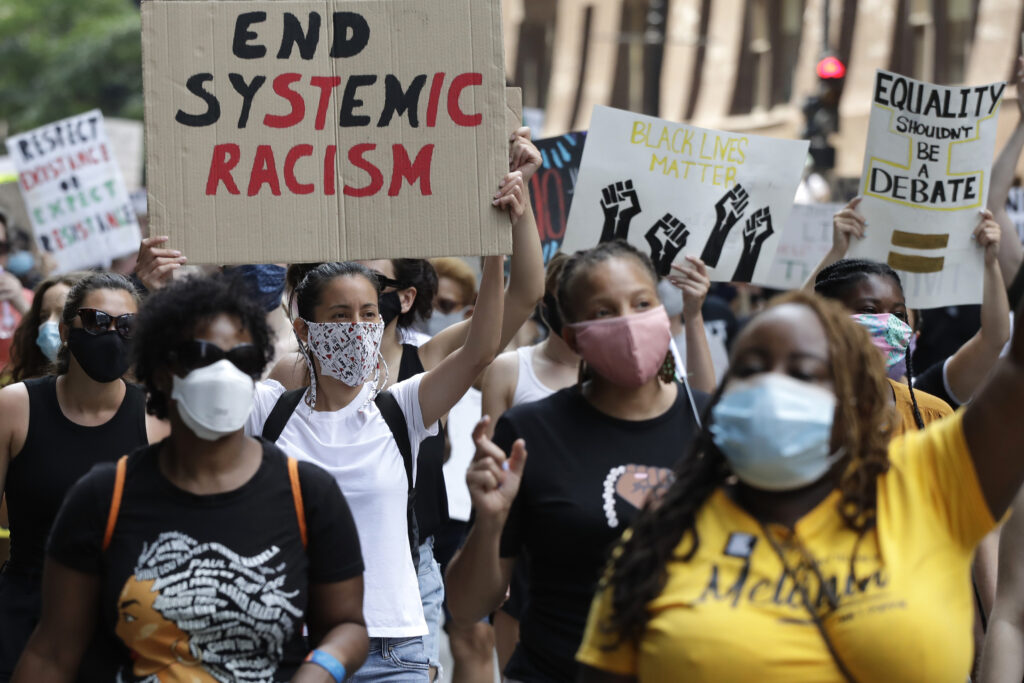
The UN declared 2015-2024 the “International Decade for People of African Descent.” But Dr. Winbush doesn’t believe anything tangible will come out of it. He said the only people who can eliminate racism on the planet are White people.
“And they are not going to do that. White people have benefited immensely from the system of White supremacy, enslavement, colonialism, apartheid, racial discrimination,” he said.
They could end racism in a matter of weeks, if they had it in their hearts, he added.
Dr. Winbush attended the World Conference Against Racism 21 years ago in Durban, South Africa. He said the biggest thing that happened is that Black people came from all over the world to get the Trans-Atlantic Slave Trade condemned as a crime against humanity, which they accomplished. He described the world conference as a renewal for the cause of reparations. Conversation and legislation surrounding reparations is now sweeping the country, with reparations committees in several states and H.R. 40 out of House committee.
In a Sept. 17, 2005, address at the “Challenging The Genius Conference” in Chicago, the Honorable Minister Louis Farrakhan of the Nation of Islam expressed that racism cannot exist in the field of excellence.
“No man can say that ‘I am better than you are’ if you are manifesting excellence, especially if they are saying it because of color, or because of class, or because of some privilege that one may have,” he said. “The manifestation of excellence is the destruction of White supremacy and Black inferiority.”
Dr. Winbush said things are changing, now, due to cameras and being able to see how deadly White people can be. He referred to Ketanji Brown Jackson being put on the Supreme Court as a success. Many Black people are emigrating to and have found acceptance in African countries and the Caribbean, “because we’re sick of the country and want to go someplace where Black folk are more valued,” Dr. Winbush said.
He listed other successes: Black athletes and entertainers are speaking out more; more films are dealing with the issue of racism; Black people are donating money and showing they can “do for self,” a term coined by the Honorable Elijah Muhammad, the Eternal Leader of the Nation of Islam.
Education, books and films have helped to reinforce the notion, “I love my Black self, and we need to do things together,” the professor said.
The Honorable Elijah Muhammad teaches that Black people are the chosen people of God meant to fulfill the scripture: “The first shall be last, and the last shall be first.”
In a Sept. 30, 1992, message, the Honorable Minister Louis Farrakhan stated: “You have to recognize the time and what must be done. What time is it? It’s the end of a 6,000-year period of rule given to the idea of White Supremacy, and it’s the beginning of the time of the rise of the darker people of the earth.”
In a different speech delivered to the Indigenous peoples of the Earth, he connected the struggles of the darker people of the planet.
“May God bless our efforts and let us hope that the Black, the Brown and the Red will never allow our oppressor to divide us and pit us against each other again. Your hurt is our hurt. Your pain is our pain,” he said. “And so, when your pain is relieved, ours will be too; and that is the way we have to feel. We are one body; one family.”












